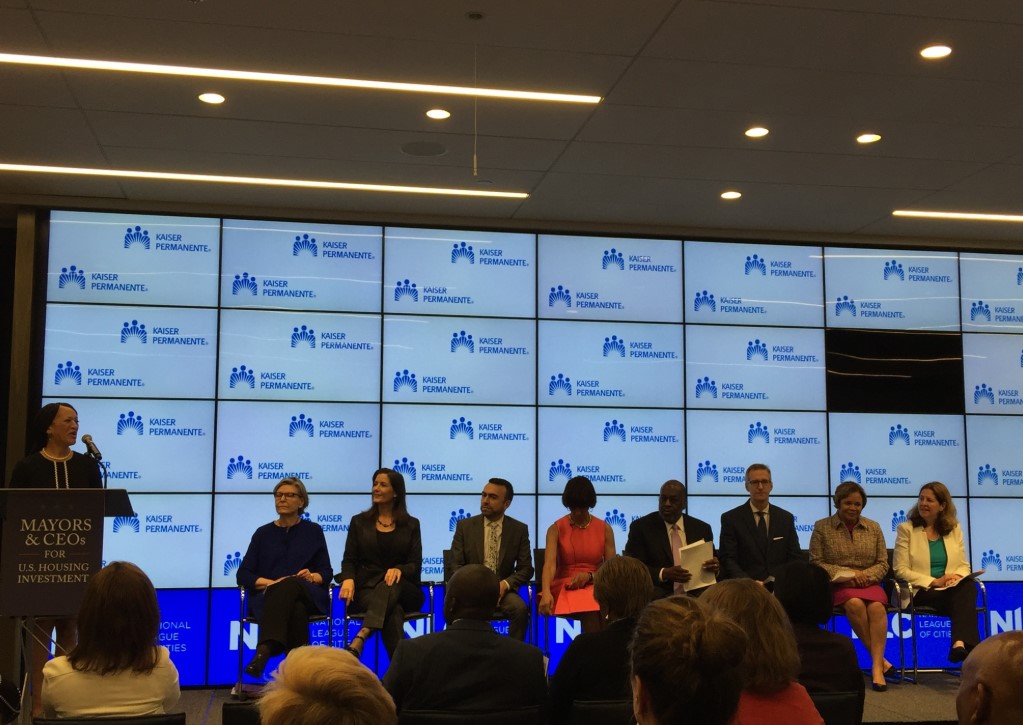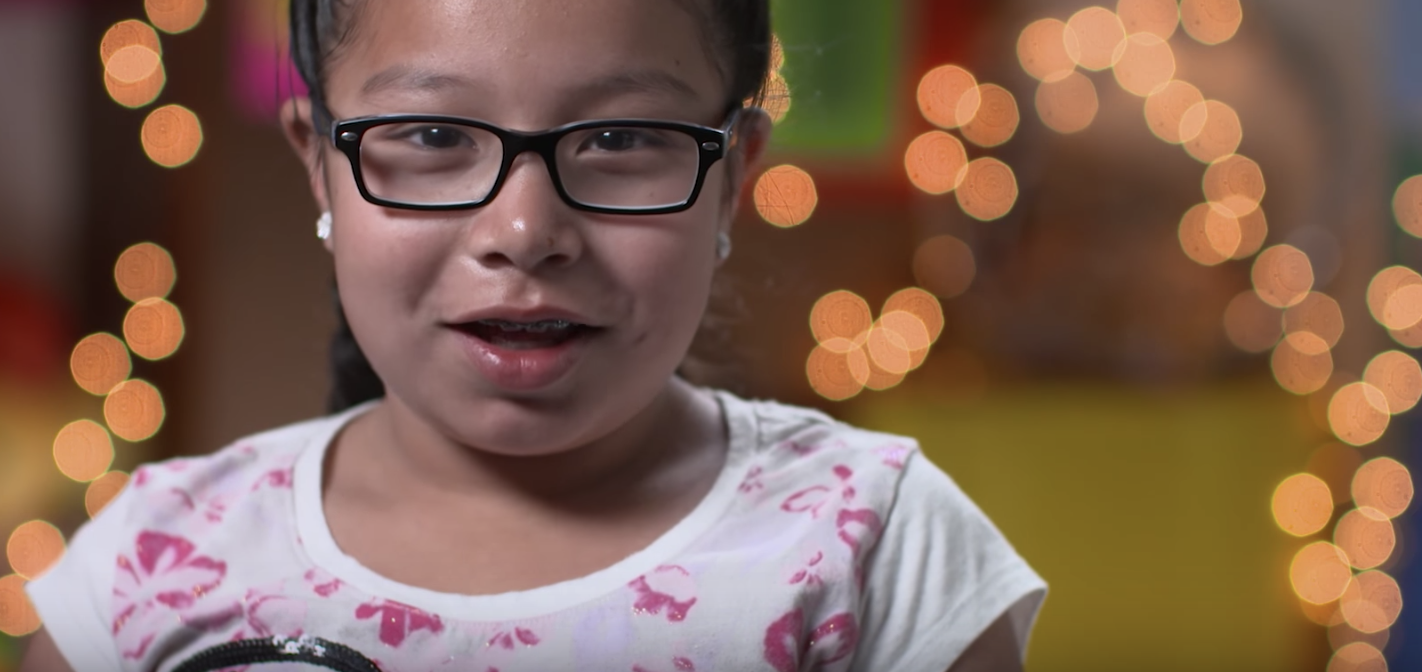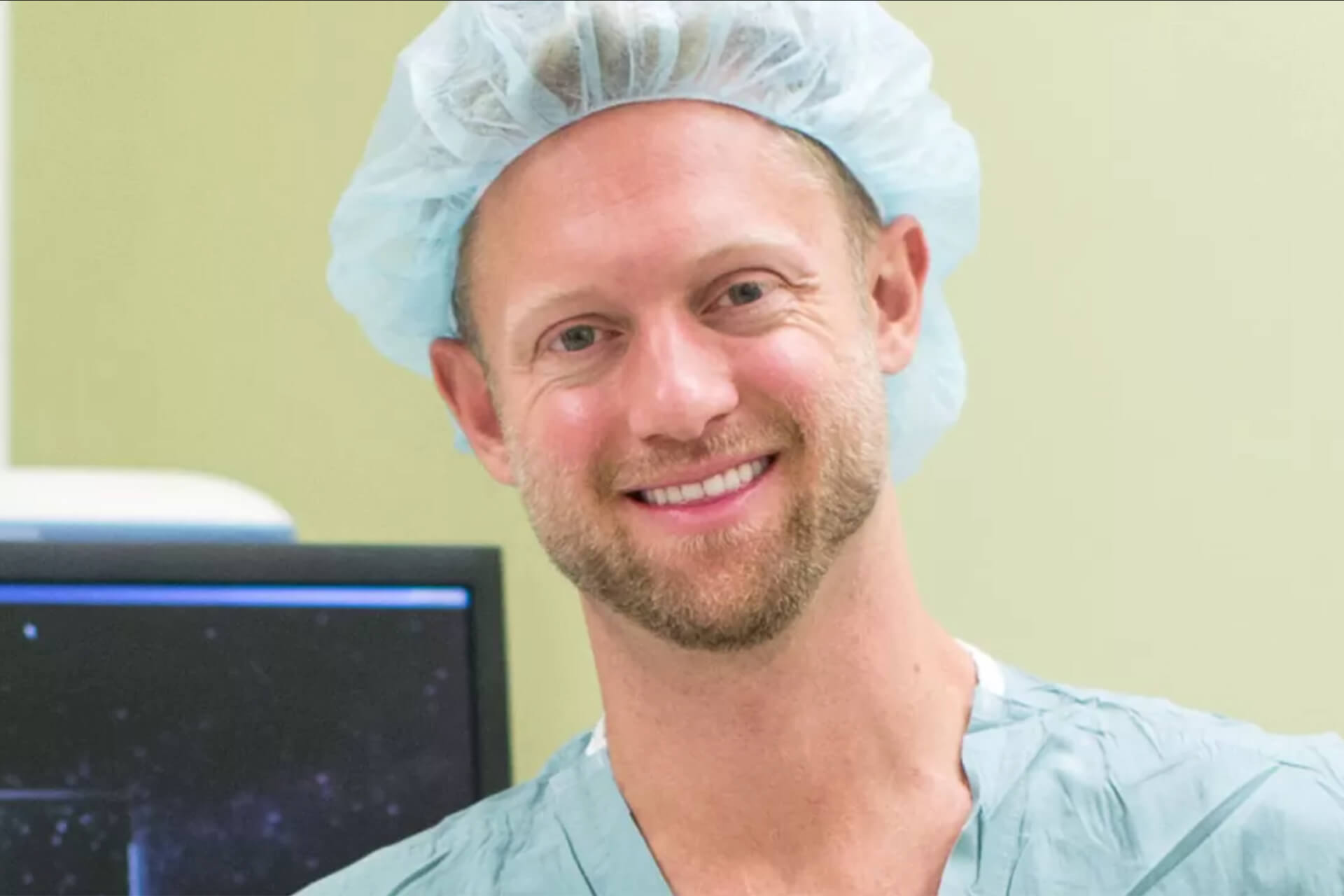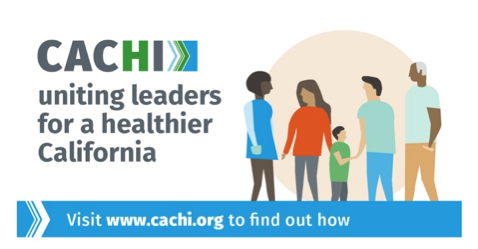 From our last post, you know Dave deBronkart – who he is, what he’s been through, and what he’s passionate about. The CTH Blog team had a terrific phone interview with Dave, whose enthusiasm for his area of expertise knows no bounds. Our conversation was so full of good information, we had to split it up over two posts. In part one, Dave talks about the importance of doctor-patient collaboration.
From our last post, you know Dave deBronkart – who he is, what he’s been through, and what he’s passionate about. The CTH Blog team had a terrific phone interview with Dave, whose enthusiasm for his area of expertise knows no bounds. Our conversation was so full of good information, we had to split it up over two posts. In part one, Dave talks about the importance of doctor-patient collaboration.
CTH Blog:
Why do you think doctor-patient collaboration is key to good health and good medicine?
DdB:
Well, with the kind of workload that clinicians have combined with the increasing needs of patient populations, we need to see what else can be done, or how things can be done differently.
There are two distinct things that a physician can never provide. One is the sense of peer-to-peer understanding from somebody else who really knows what it’s like to be in your shoes. A great example of that is when I joined my kidney cancer patient community. Right off the bat, everyone knew what I wanted to know, really, bottom line, is this: What are the odds that I’m dying? Now, physicians are trained that there is no definite answer around that, and I understand that; but I wanted to know what the odds were. Only other patients can really understand that.
The other thing is the practical matters of dealing with life while you’re under the treatment. Here’s a great example. I was approaching treatment – a high dose Interleukin 2. The American Cancer Society site says the side effects are often severe and rarely fatal, which is true, and an informed patient needs to know that. But that didn’t give me any useful advice on how to deal with it. So as I started the treatment I turned to my peers and said, “Hey, you guys. I hear it can be bad. What was it really like?” And I got 17 first-hand stories from people who’d been through it. Some said it really wasn’t bad, and some said it was so bad they thought they were going to die. The first side effect I experienced was uncontrollable shaking. But from my interaction with my peers, when it hit, I knew what it was, and I knew what to do about it. This is certainly about helping the patient survive the experience, but maybe it’s more than that. My oncologist said he has no doubt that the Interleukin killed my tumors, but he didn’t know if I could’ve tolerated enough to do the job if I hadn’t been so informed and prepared.
CTH Blog:
I’ve heard you make the point that “patient” is not a third-person word. Can you talk about that?
DdB:
That was the first thing that came out of my mouth the very first time I spoke in a panel at a health meeting. I had just emerged from my own cancer, and I’d listened to the first half of the meeting from the audience. When my turn to speak came, I said that I wanted to propose that we think differently about this, because everybody who had spoken up until then sounded like they were talking about a patient as if it was somebody out there on the street somewhere, and not in the room. Lately the way I’m phrasing it is that this is the topic that’s coming to your breakfast table; and believe me, it changes what life is like at your breakfast table when there is a cancer or some medical crisis in the family.
CTH Blog:
How have physicians responded to your saying that?
DdB:
They agree. Nobody denies that patient is actually a first-person word. But what I do hear distressingly often is, “Well, we’re all patients someday, so we don’t need to bring real patients to a conference.” There is a mistaken assumption that anyone can think from the patient perspective even if their life has never been on the line.
Part two of our conversation with Dave will be posted soon. If you want even more information about him, visit epatientdave.com.




